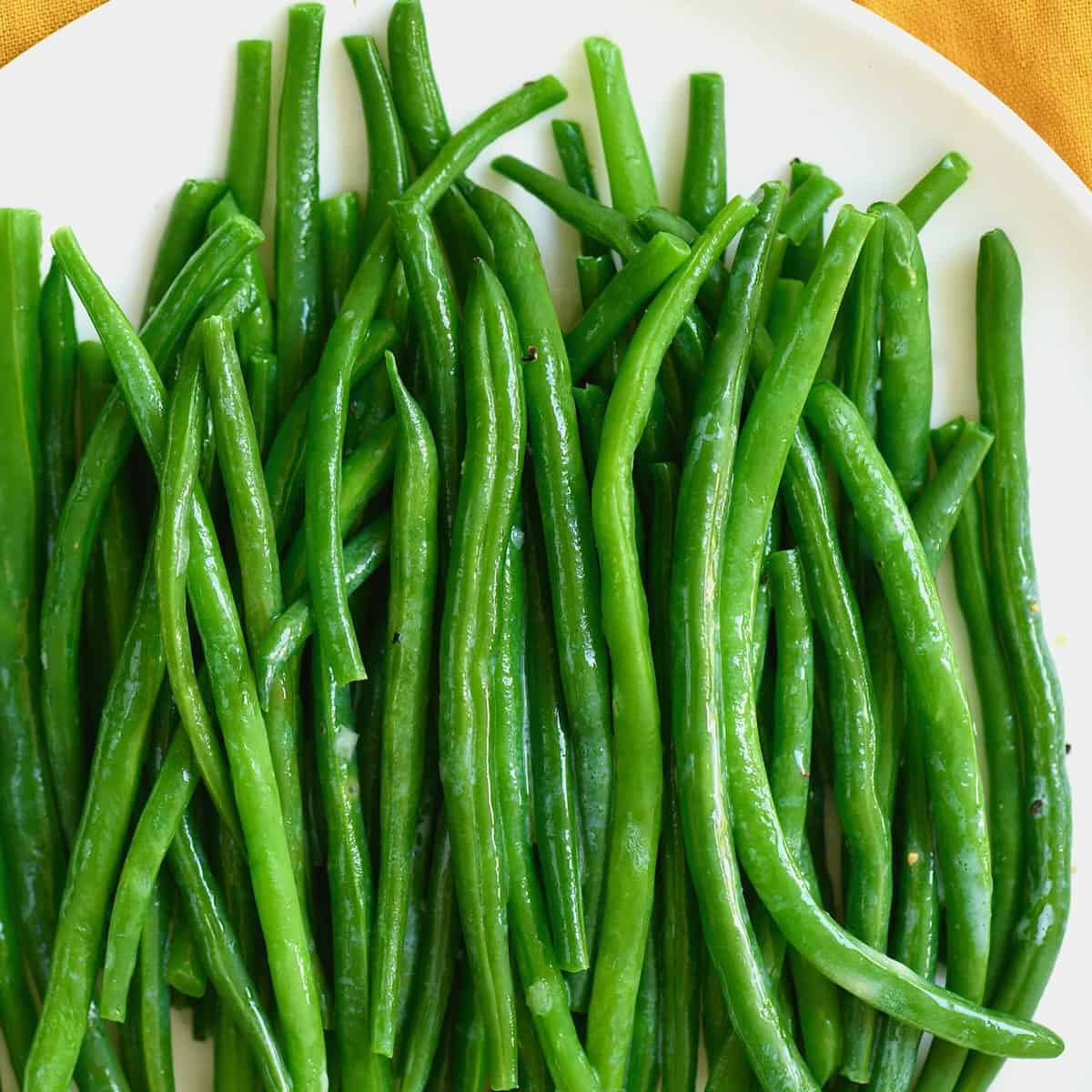
Spread the beans out on a baking sheet and roast for 15-20 minutes, until they are crispy and just beginning to turn color at the tips. If you have ever tried cooking green beans, you know that they can be a bit of a culinary conundrum. They can either be cooked to perfection in just a few minutes or they can take hours to get done. In this blog article, we are going to show you how to cook green beans the hard way.First, wash your green beans well and trim off any imperfections. Then, Cut the beans into 2-inch pieces and place them in a pot filled with water. Simmer the beans until they are tender but still firm (approximately 10-15 minutes).Once the beans are cooked, drain them on paper towels and then place them back into the pot. Green beans are a classic vegetable, loved by everyone for their mild flavor and versatile cooking properties. But what do you do when they’re not in season? You can freeze them, of course, but that’s not always the best solution. If green beans are wilted or limp when frozen, they won’t cook evenly when thawed and will be bland tasting.
Another option is to can them, but this presents its own set of problems: green beans can become watery and tasteless after being canned, and the texture may be off-putting to some people. In the end, there seems to be no perfect solution to preserving fresh green beans—but that doesn’t mean you have to give up on them altogether! Try one or more of these tips to make sure your green beans taste great every time you serve them. It’s no secret that the green bean has been a divisive topic for years now. Some say that it’s a healthy vegetable, while others maintain that it’s nothing more than filler in your diet. The debate has even made its way into the media, with articles and commercials arguing on either side of the argument. But what do the experts actually think? In this blog post, we will explore the pros and cons of the green beans are a fruit bean, based on the latest research from experts in the field. From nutrition to health benefits to weight loss, read on to learn everything you need to know about this oft-debated vegetable.
The topic of the debate between those who believe that green beans are bad for you and those who say they are good for you has been around for many years. There is a lot of information out there on both sides of the argument, so it can be difficult to know what to believe.When it comes to the health benefits of green beans, experts generally agree that they are a good source of fiber and antioxidants. While there is limited research into their effects on cholesterol levels, most studies suggest that eating them doesn’t have a significant impact on blood pressure or other heart health markers.One potential downside to consuming green beans is that they are high in sodium. However, most people don’t consume too much sodium anyway, so this shouldn’t be an issue. In fact, the Dietary Guidelines for Americans recommend limiting your intake of sodium to 2,300 mg per day.So overall, it seems like there are many reasons why people should eat green beans – although everyone’s opinion may be a little different! The green bean diet has been touted as a weight loss miracle for years, but does it work? According to experts, the answer is yes and no.
Copyright © All rights reserved | Pulp Originals